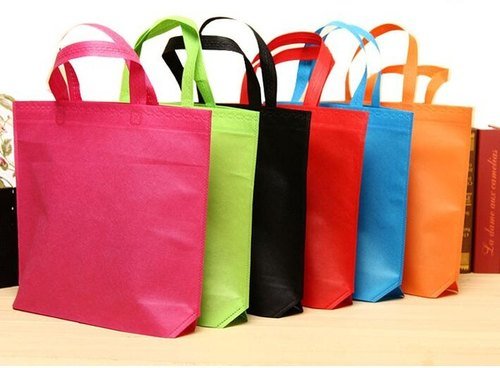
According to the United Nations Environment Programme, less than 10% of the 7 billion tons of plastic waste generated worldwide is recycled. Millions of tons of plastic waste are released into the environment, much of it incinerated or dumped. The value of plastic packaging waste we lose each year in waste sorting and disposal alone is estimated to be as high as $80 billion to $120 billion.
Many of us use these products every day without even giving a second thought to where they end up. Currently, we generate about 400 million tons of plastic waste each year, two-thirds of which is only used for a short time, such as chocolate bar wrappers, potato chip packaging bags, and plastic cutlery for lunch. However, this short life cycle has consequences.
We produce too much plastic
Plastic is the largest, most harmful and most persistent component of marine litter, accounting for at least 85% of all marine debris. Most (36%) of plastic production is used for plastic packaging. 46% of plastic waste ends up in landfill, 22% ends up as litter, 17% is incinerated, 15% is recycled and less than 9% of plastic waste is recovered after loss.
Plastic affects more than just water quality. Plastic residues have been found in the digestive systems of many aquatic species, including every sea turtle species and nearly half of all seabirds and marine mammals surveyed.
Despite ongoing efforts to combat marine plastic waste, it is estimated that >75-199 million tonnes of plastic are currently found in our oceans. Unless we transform how we produce, use and dispose of plastic, the amount of plastic waste entering aquatic ecosystems could nearly triple from 9-14 million tonnes per year in 2016 to an estimated 23-37 million tonnes per year by 2040.
To prevent this from happening, we need to completely change our relationship with plastic. olive crest custom reusable shopping bags are a great alternative. Why is it recommended that you start a custom reusable shopping bags business right away? Here are three advantages for your reference!
Industry trends, great market prospects
People are turning to Custom reusable bags, which makes the environment safer. With the development of society and people’s increasing awareness of environmental issues, many consumers are attracted to environmentally friendly products, and olive crest custom reusable shopping bags have become a perfect solution. According to statistics and forecasts, the global non-woven bag market sales reached US$3.945 billion in 2023, and it is expected to reach US$6.486 billion in 2030, with a compound annual growth rate (CAGR) of 7.5% (2024-2030).

The top five manufacturers of non-woven bags in the world account for about 3% of the global market. China is the largest market, accounting for about 34% of the market share, followed by North America and Europe, accounting for 26% and 23% of the market share respectively. In terms of product type, PP is the largest segment, accounting for about 76% of the share, followed by PET, which accounts for about 17.0% of the share. At the same time, in terms of downstream, retail is the largest downstream field, accounting for 80% of the share. The application industry is relatively scattered.
Environmental protection and sustainable development
reusable grocery bag or shopping totes are a green product that is moisture-proof, light, tough and durable, beautiful in shape, breathable, recyclable, washable, can be printed with advertisements and marks, and has a long service life. The material can be naturally decomposed in 90 days outdoors and has a service life of up to 5 years indoors. It is non-toxic, odorless, and has no residual substances when burned, so it does not pollute the environment. The use of non-woven environmentally friendly bags can greatly reduce the use of plastic bags, thereby reducing the discharge of white garbage.
Considerable profit
It is understood that a a shopping or grocery tote the size of A4 paper costs more than 1 yuan, while the price of bags sold in supermarkets ranges from 3 yuan to 5 yuan. In other words, the profit of enterprises in this regard is very considerable. According to data released by the National Bureau of Statistics, in the first quarter of this year, the gross profit margin of the non-woven industry was 9.43%, the three-cost ratio (the sum of operating, management and financial cost rates) was 6.70%, and the profit margin was 4.10%.
In summary, the custom reusable shopping bags business is a sunrise industry, environmentally friendly and sustainable. We have a professional design, operation and promotion team and rich factory supply chain resources to help your non-woven business get started quickly. If you are also looking for new business and partners, please click: www.masternonwovens.com to learn more.
